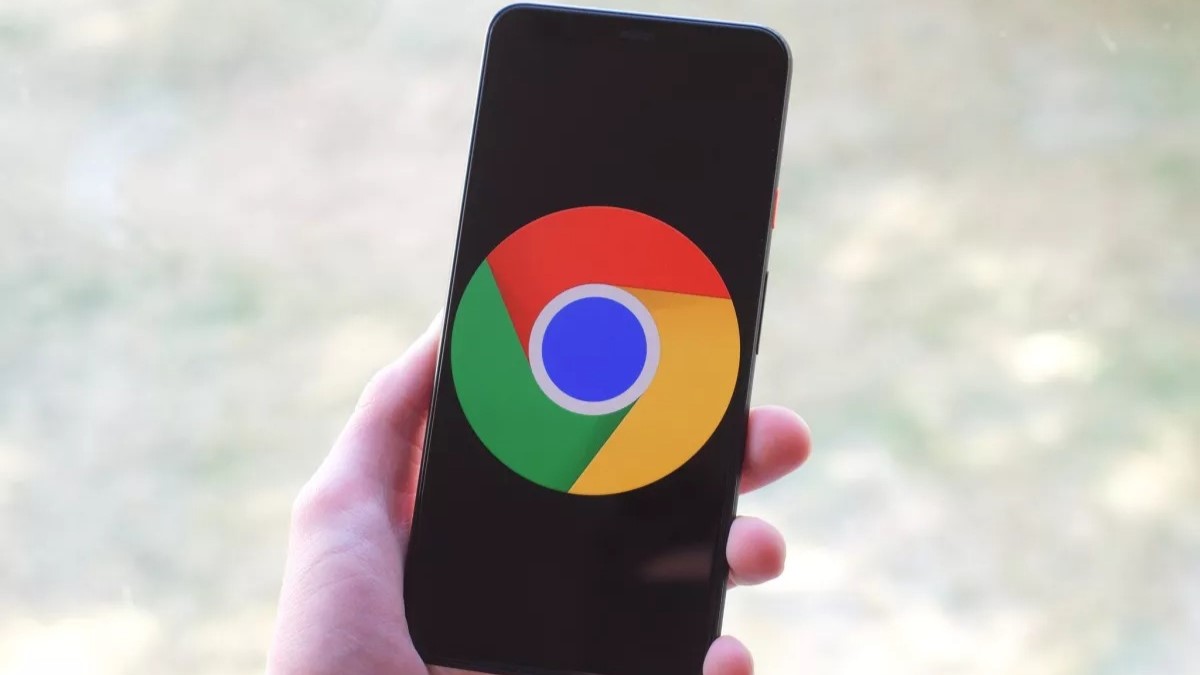Google Chrome could use AI to help protect your info during data breaches
If the AI detects something fishy, it'll take action during sign-in.

What you need to know
- An X tipster claims Google is creating a new AI function for Chrome that'll let it take action to help shield you from data breaches.
- If the AI detects that your password may have been exposed, it will inform you, change the password, and save it to your manager.
- Google has been rumored to have several more AI tools in the works, like phishing/scam prevention through AI and a permission change.
Google is reportedly working to push its in-browser AI more by lending assistance to protect your data online.
As spotted by X tipster Leopeva64, Google is supposedly developing an "Automated password change" AI function (via Android Authority). The publication starts by saying Chrome already has a feature like this; however, it only informs the user of the necessity to change their password — nothing more. What Leopeva64 discovered was the ability of Chrome's AI to not only identify a website's data breach but also take action for the user.
Discovered in a Chrome Canary deep dive, the tipster dug up the following description: "When Chrome finds one of your passwords in a data breach, it can offer to change your password for you when you sign in."
This will seemingly appear as a pop-up at the top of Chrome on desktop. Upon signing in, Chrome will deliver the alert alongside a "check passwords" button. After your credentials are confirmed to have been exposed, it's likely the aftermath will involve a quick swap to protect your data.
It's still early, but Google offers a quick glimpse into what happens if the user agrees to let the AI do its thing. According to the tipster, Google says users "don't need to remember" the password it's AI created. The software will automatically throw those newly crafted credentials into your password manager.
Moreover, the early description states that what the AI creates is "encrypted," meaning no one else should know it but you.
Another AI-powered feature is coming to Chrome, “Automated password change,” the description mentions that “when Chrome finds one of your passwords in a data breach, it can offer to change your password for you when you sign in":https://t.co/zmre2kssWL pic.twitter.com/lg3MsZjItcFebruary 7, 2025
Much like the rest of Google's ecosystem, development for new AI in Chrome has continued, like its recently spotted permission changes. Tested under Chrome Canary, Google was reportedly working on leveraging its AI systems to create a less intrusive permission notification experience. When used, the notifications would appear "quieter" based on your "browsing behavior."
Be an expert in 5 minutes
Get the latest news from Android Central, your trusted companion in the world of Android
With Gemini Nano v2.0 as its base, early tests show that these less intrusive pop-ups will occur when the browser believes you're less likely to grant what a site is asking.
Elsewhere, Google was testing much-improved AI detection software for phishing and scams online. This feature would enable Chrome to "scan" a website to determine its true intentions as some sites show a false face. Google's early test wants to showcase a website's "suspicious intents" (if there are any) before a user clicks on and forks over their sensitive information unknowingly.
With so much in the works, let's not overlook Chrome's major "Help me write" and generative AI update last year. Not only can users open the AI directly and ask it to create something, but the AI can use what's on a webpage to create something for you.

Nickolas is always excited about tech and getting his hands on it. Writing for him can vary from delivering the latest tech story to scribbling in his journal. When Nickolas isn't hitting a story, he's often grinding away at a game or chilling with a book in his hand.
You must confirm your public display name before commenting
Please logout and then login again, you will then be prompted to enter your display name.
